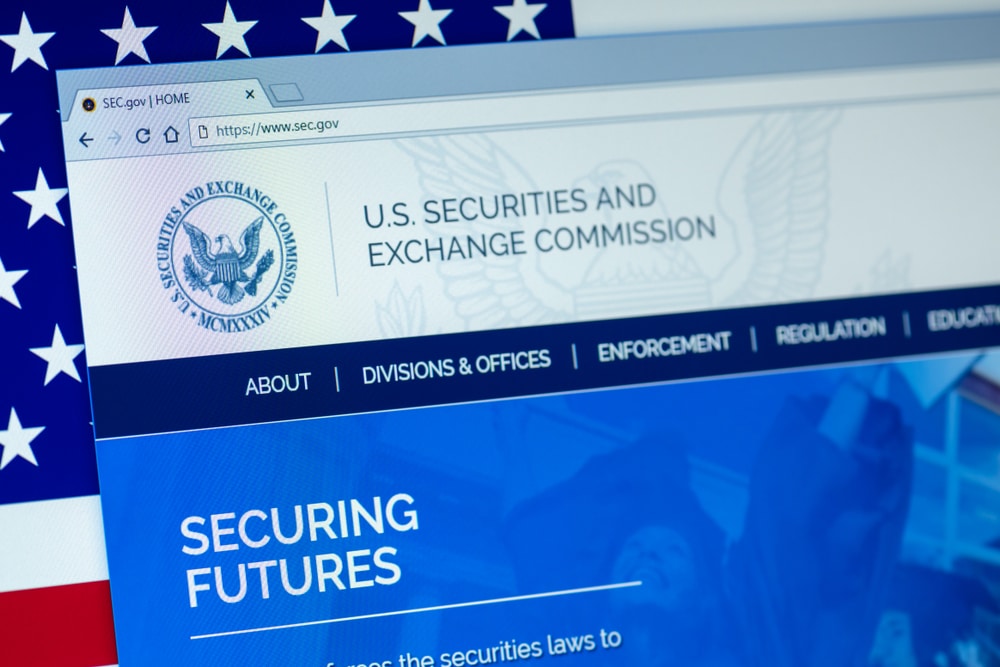After receiving a Wells notice from the Securities and Exchange Commission, Coinbase found itself in the midst of a hot topic in the crypto community.
The move has sparked a range of responses from industry experts, who are now assessing what the recent regulatory actions could mean for the future of crypto in America.
Despite the SEC’s crackdown on cryptocurrencies and crypto firms, some commentators argue that such actions will ultimately impede crypto innovation and potentially weaken the country’s position in the global market.
The recent Wells notice served to Coinbase is just one example, as it follows a similar legal threat issued to stablecoin-issuer Paxos in February. It remains unclear whether other crypto firms could be targeted in the future.
U.S. Regulator’s Hostility towards Crypto
Mati Greenspan, who serves as the head of Quantum Economics, a crypto research company, has expressed his belief that U.S. regulators have been hostile to cryptocurrencies from the very beginning.
Recent banking crises that have affected financial institutions known for being friendly to crypto startups have led some to speculate that regulators may be trying to off the crypto sector from banking services.
Adding to the pessimistic outlook for the crypto industry, a White House economic report released on March 20th included a chapter dedicated to challenging the supposed benefits of crypto assets.
The report’s tone was harsh, spending nearly an entire section refuting the “hyped” benefits of cryptocurrencies.
In an interview, Greenspan suggested that the rumored regulatory crackdown on crypto in the U.S. could be motivated by the perceived threat that cryptocurrencies pose to the dominance of the U.S. dollar in global trade.
However, as more people around the world begin to use crypto for cross-border remittances, he warned that a crackdown on crypto in the U.S. could actually backfire and weaken the Dollar’s position as the global reserve currency.
He cautioned that removing cryptocurrencies from the U.S. banking system would only serve to isolate the country further, potentially leading to a decline in its global financial standing.
Instead, he argued that embracing and regulating cryptocurrencies could position the U.S. as a leader in the growing crypto industry, attracting investment and fostering innovation.
Poor Risk Management Resulted in Banking Sector Issues
According to the CEO of Independent Reserve, a crypto exchange based in Australia, the recent banking sector issues were not caused by any shortcomings in the crypto industry but were instead the result of banks managing risks in an irresponsible manner.
In his view, the White House would do well to review the practices of the banking industry, rather than targeting cryptocurrencies.
Regarding the recent regulatory action taken against Coinbase, Przelozny suggested that the hostile environment for the crypto industry in the U.S. could force related jobs, investment, and innovation to move offshore.
He pointed to Singapore, Hong Kong, and Australia as countries that are actively seeking to benefit from the growth of the crypto industry, and could potentially provide a better environment for it to thrive.
Ultimately, he believes that these countries will reap the economic benefits of embracing crypto, while the U.S. risks being left behind.
While the reasons for the SEC’s targeting of Coinbase remain unclear, the use of a “regulation by enforcement model” could push crypto innovation offshore, according to Michael Bacina, a lawyer and partner at Piper Alderman.
He noted that this approach is particularly puzzling given that losses in the past year have often resulted from unregulated offshore structures.
Bacina emphasized that the industry has long called for clear guidance on how to comply with regulations.
He cited the recent remarks made by a judge in Voyager Digital’s bankruptcy case, who commented that there is no clear regulatory guidance for the industry.
In the absence of such guidance, offshore jurisdictions will likely continue to attract crypto firms, potentially costing jobs and increasing the risk for consumers and investors.
Final Thoughts
To prevent such outcomes, governments must lay out a clear path to regulatory compliance for the crypto industry. Only then can the industry operate in a stable and transparent regulatory environment that will foster innovation and protect consumers.

